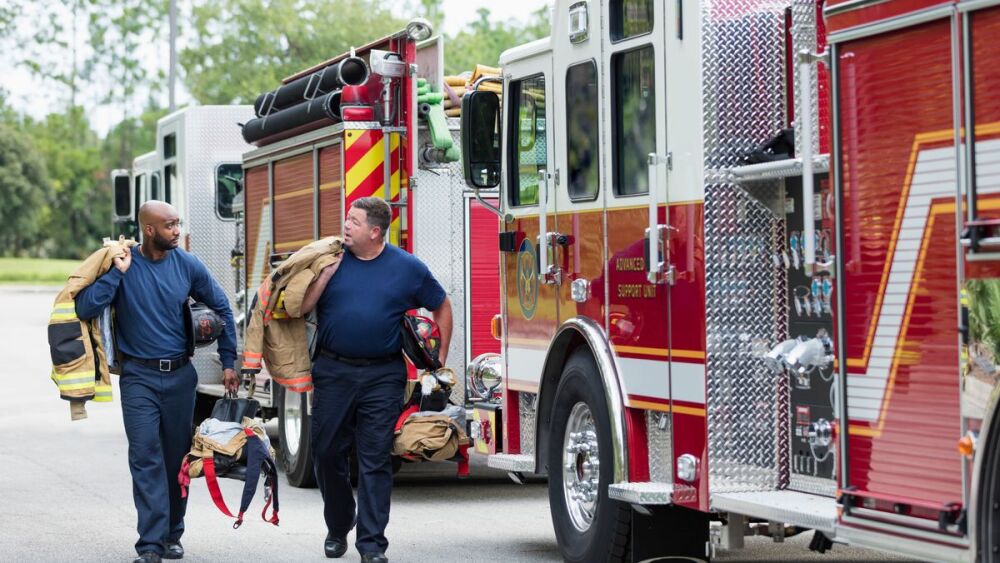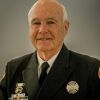I, [state your name], do solemnly swear that I will support and defend the Constitution of the United States against all enemies, foreign and domestic; that I will bear true faith and allegiance to the same; that I take this obligation freely, without any mental reservation or purpose of evasion; and that I will well and faithfully discharge the duties of the office on which I am about to enter. So help me God.
The oath is for an indeterminate period; that means there is no duration specifically defined – it is essentially a life-long pledge and dedication.
History and connection to the oath
Over the holidays, my wife, Diana, and I had the honor of (remotely) witnessing our oldest grandson being sworn in as an officer in the U.S. Navy by taking the oath above. Another of our grandsons will be commissioned in June of this year.
Our families have for centuries taken this oath, or one similar, in service to our country. One patriarch of Diana’s family was an officer in the Revolutionary Army that fought for our independence. He was given a land grant in lieu of severance pay in what now is Ohio, and settled less than 30 miles from where we live today. Others served in the Civil War in Ohio regiments and others in several wars of the last century.
It is the same oath that Diana’s father took as a Naval officer in World War II, that my brother took in the Army during Korea, that I took as an officer in the Air Force during Vietnam, and our oldest son took as a Naval officer in 1991, serving in various assignments, including being at the Pentagon during the terrorist attacks of 9/11.
Similar to the oath we take as firefighters
As I heard our grandson repeat those words, I was struck with how similar it was to the oath we use swearing-in new firefighters, or used each time a firefighter advances to a higher rank. No doubt some states or local jurisdictions add a clause about upholding the laws and ordinances of that jurisdiction, but it is still an oath we swear to the Constitution.
Unlike many countries around the world, we do not swear allegiance to an individual leader, an ideology or to a political party. Rather, by swearing to the Constitution, we are upholding the interest of every citizen who looks to the protections and the individual freedoms guaranteed to all of us by the Constitution and Bill of Rights.
Duty, honor, country
“Duty, honor, country” were the famous words spoken by General Douglas MacArthur at his farewell visit to West Point in 1962. In these three succinct words, he summed up not only the oath, but the purpose of the military and, in my thoughts, they also express the purpose all of us who serve in the fire service:
- Duty – the obligation we have to others to act
- Honor – integrity, the principles to know and do what is right
- Country – our community, our state and our nation
We take care of others and our own
So, it is also with the oath we take as firefighters, police officers or elected officials that we will place the needs of those we serve above those of our own. I can think of no better example than this past year, 2020 – one for the history books.
From the worst recorded wildland-urban interface fires across our West and Northwest, fought bravely by thousands of firefighters, to placing yourself into harm’s way to ensure that everyone is safely out of a fire, or the daily prehospital care that was and still is required by patients during the COVID-19 pandemic, each of you has performed admirably.
At the same time, the fire service has paid a price. The price has been paid by the hundreds of firefighters, paramedics or EMTs who unselfishly answered the call, only to have contracted and/or succumbed to the virus themselves. At last count, 131 of our brothers and sisters have paid the ultimate price so others might have a chance to live. It continues to be paid by those scarred physically or psychologically from the effects of COVID.
Whether it is watching how COVID-19 has deteriorated a friend or fellow firefighter, to the fear of bringing the virus home and infecting a loved one, we will be dealing with the consequences of this virus long after we have received the vaccine that promises to help eradicate this scourge.
One of my former firefighters, a vibrant and robust ex-Marine, spent weeks in the hospital fighting COVID-19, and while he is now home, still must remain on oxygen.
How can we help? Start by being a good listener
The oath we took is not just to protect others, it is also to take care of ourselves and, as in the military, to look after our brothers and sisters, as they and their families cope with this added stress.
Listening has become a lost art. Perhaps it’s due to the time we spend communicating with each other via text messaging and the subsequent lack of face-to-face conversations, but a truly good listener seems harder to find these days.
Sometimes while we are there for the public that is in need, we may forget that we should also be there for each other, including listening to our fellow firefighters just vent their fears or frustrations. Knowing that someone cares enough to listen, even if they have no sage advice to give, may help a firefighter make the difficult decision to seek outside help.
Is this a sign of weakness? Absolutely not. In fact, seeking advice is the first step to overcoming the issues surrounding a line-of-duty death (LODD), a disability, or mental or physical fatigue. Whether that advice is from a fellow firefighter, the department physician or a professional, such as a psychologist trained in critical incident stress debriefing (CISD), we can perhaps add to the quality of life of our brother or sister, starting by just being a good listener.
Stay safe!



